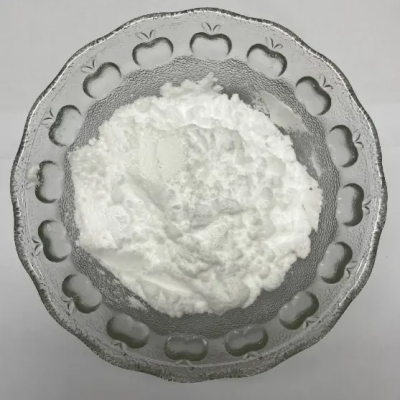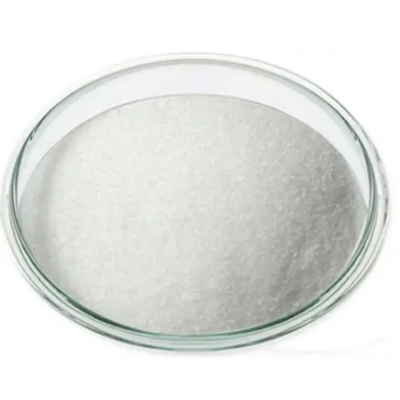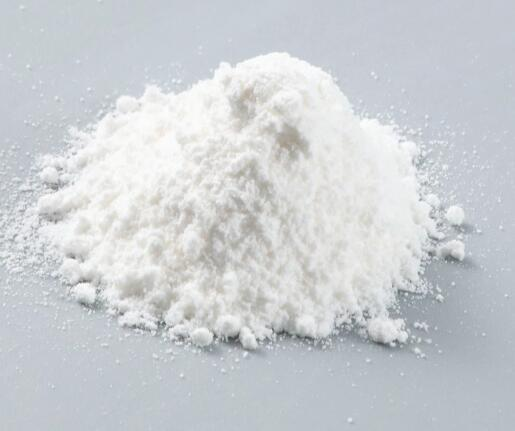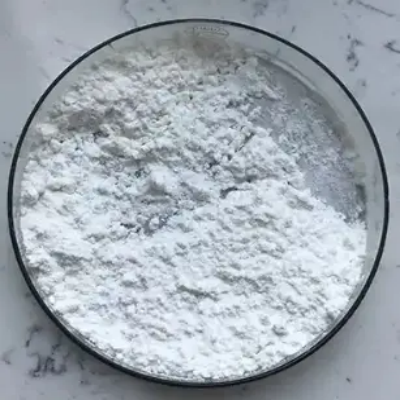Butylmagnesium chloride CAS:693-04-9
Butylmagnesium chloride (C₄H₉MgCl) is a vital member of the Grignard reagent family, characterized by its butyl group attached to a magnesium atom, which is bound to a chlorine atom. The structural design of this compound gives it unique reactivity characteristics, making it a key player in organic synthesis. One of the most significant applications of butylmagnesium chloride lies in its role as a nucleophile in chemical reactions. Its strong nucleophilic nature enables it to react effectively with various electrophilic centers, primarily carbonyl compounds such as aldehydes and ketones. When butylmagnesium chloride interacts with these substrates, it undergoes nucleophilic addition, resulting in the formation of secondary or tertiary alcohols, depending on the specific carbonyl compound used. For instance, the reaction of butylmagnesium chloride with formaldehyde yields a secondary alcohol, while the addition to acetone results in a tertiary alcohol. These alcohols are crucial intermediates in the synthesis of more complex organic molecules, which can be transformed into various functionalized products. Beyond carbonyl compounds, butylmagnesium chloride can also participate in reactions with epoxides and other electrophiles. Its versatility allows chemists to construct diverse molecular frameworks, crucial for synthesizing compounds found in natural products and pharmaceuticals. Additionally, it enables the creation of branched hydrocarbons, which are important in developing specialty chemicals and high-performance materials. When working with butylmagnesium chloride, safety precautions are essential due to its sensitivity to moisture and air. As a highly reactive organometallic compound, it must be handled under anhydrous conditions to prevent hydrolysis, which leads to the release of flammable gases and can create hazardous situations. Employing inert atmospheres during reactions is vital for ensuring safe practices and effective use. In conclusion, butylmagnesium chloride is a powerful and versatile reagent in organic chemistry, celebrated for its ability to form carbon-carbon bonds and generate a wide variety of functionalized products. Its unique properties enable chemists to explore intricate synthetic pathways, making it invaluable across various sectors like pharmaceuticals, agrochemicals, and materials science. A comprehensive understanding of its reactivity and applications enhances synthetic strategies and contributes significantly to advancements in chemical research.



| Composition | C4H9ClMg |
| Assay | 99% |
| Appearance | white powder |
| CAS No. | 693-04-9 |
| Packing | Small and bulk |
| Shelf Life | 2 years |
| Storage | Store in cool and dry area |
| Certification | ISO. |









